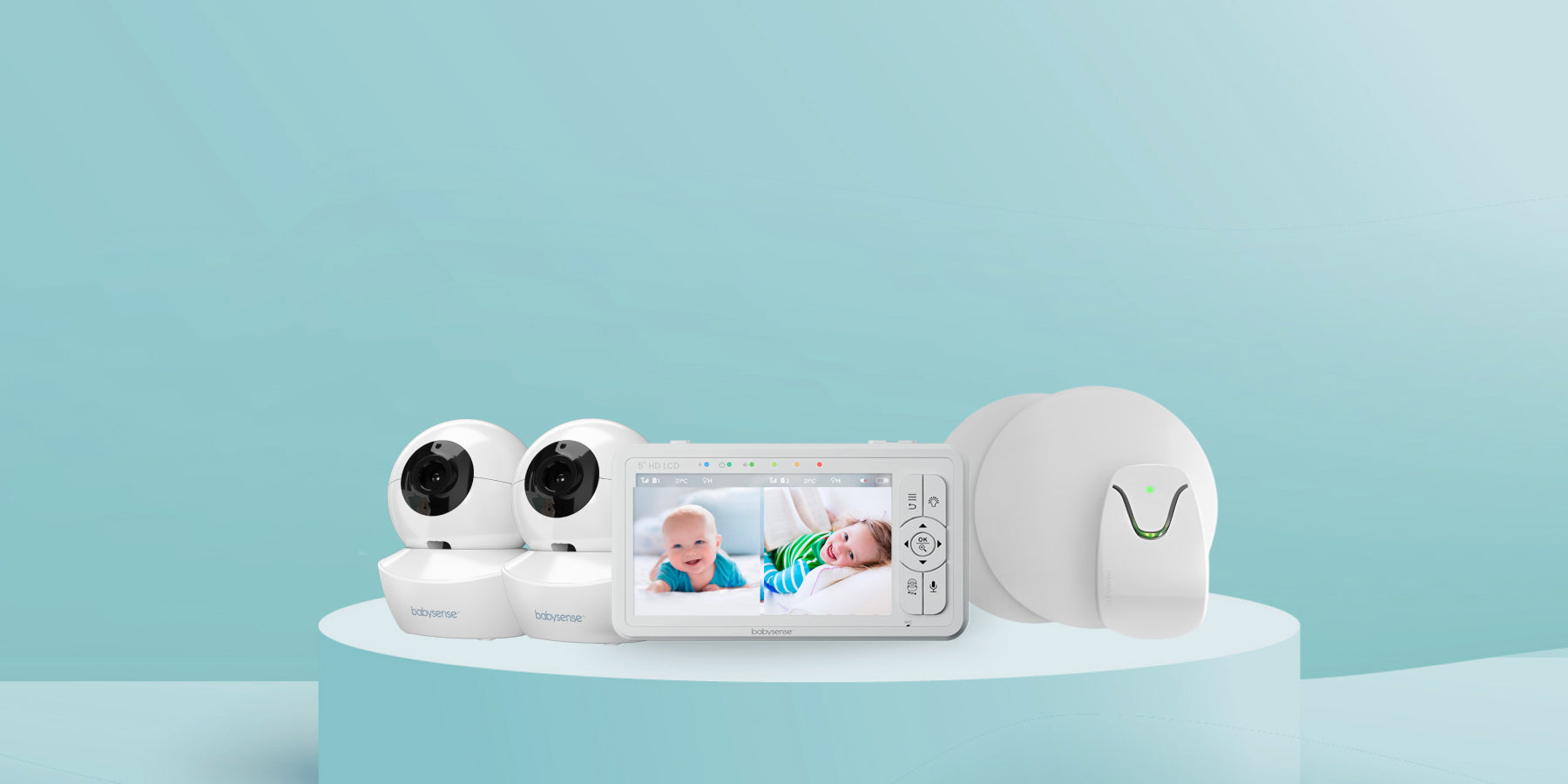If you’ve ever asked yourself, “Why do babies sleep so much?” you’re not alone. New parents are often surprised at just how many hours newborns spend snoozing. Sleep is far more than rest for your baby — it’s when their body and brain are hard at work growing, developing, and processing the world around them.
What Happens When a Baby Sleeps?
During the first few months of life, your baby’s body is busy with rapid growth and brain development. Sleep is the engine that fuels these changes. While your baby is sleeping:
- Growth hormone levels peak — helping build bone length, muscle mass, and healthy tissue.
- Brain development accelerates — sensory information from the day is processed and organized.
- Memory consolidation occurs — experiences move from short-term to long-term memory, supporting learning and language skills.
- Immune system strengthens — restful sleep helps your baby fight off infections and stay healthier.
Well-rested babies are generally happier, feed better, and adapt more easily to new experiences.
Stages of Baby Sleep
Babies experience the same basic sleep stages as adults — light sleep, deep sleep, and REM (rapid eye movement) — but their cycles are shorter, around 50 minutes compared to 90 minutes for adults.
- Light sleep — marked by twitching, grimacing, or sucking motions.
- Deep sleep — breathing becomes slow and steady, body is still.
- REM sleep — active brain activity linked to dreaming and rapid learning; newborns spend up to half of their total sleep time here.
Because REM is so important for brain development, newborns naturally need more total sleep hours than older children or adults.
How Baby Sleep Changes With Age
- Newborns — sleep 16–20 hours a day in short stretches, waking often to feed.
- By 6 months — nighttime sleep consolidates to 10–12 hours with a few daytime naps.
- By 12 months — most babies sleep through the night with 1–2 naps totaling 13–14 hours in 24 hours.
These are general guidelines — every baby’s sleep needs and patterns are unique.
Creating a Healthy Baby Sleep Routine
Consistency is key. A predictable sleep routine helps regulate your baby’s body clock and signals when it’s time to rest. Try:
- Setting regular nap and bedtime hours.
- Using calming pre-sleep cues like a warm bath, lullaby, or story.
- Encouraging self-soothing so your baby can fall back asleep independently.
- Keeping the sleep environment dark, quiet, and at a comfortable temperature.
Sleep Safety Tips
- Keep the crib clear of blankets, pillows, and toys.
- Use a firm mattress and fitted sheet only.
- Place your baby on their back for every sleep.
A minimalist crib setup helps reduce suffocation and overheating risks, making sleep safer for your baby.
When to Seek Guidance
If your baby’s sleep seems excessive even for their age, or if they are hard to wake for feedings, speak to your pediatrician. While most newborns sleep a lot, extreme sleepiness can sometimes signal an underlying issue.
Bottom Line
Babies sleep so much because their bodies and brains are working overtime to grow, learn, and adapt to the world. Understanding baby sleep patterns can help you support healthy habits from the start. With consistency, patience, and a safe sleep environment, you’re setting the stage for a lifetime of healthy rest — and giving your little one exactly what they need to thrive.





